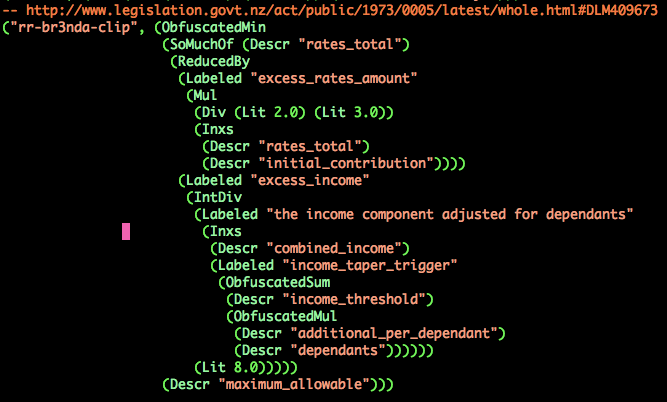
Computational law @Legalese @cclaw_smu, @CodeXStanford '18 @BKCHarvard '17. @jfdiasia SPF RFC4408 Pobox. Haskell Prolog Perl JS/TS 👩❤️👨 @wabisabiyo
How to get URL link on X (Twitter) App


https://twitter.com/bennstancil/status/1486031369327292421Programming is democratized: there are few barriers to access, and so it attracts the auto-didact.


 @mattwadd @AnneOgborn @jmagnusj @AdamsDrafting Even without a legend, we can guess at what it means: we START HERE at bottom left, enjoy option to place something in the wishlist, or just add to cart directly.
@mattwadd @AnneOgborn @jmagnusj @AdamsDrafting Even without a legend, we can guess at what it means: we START HERE at bottom left, enjoy option to place something in the wishlist, or just add to cart directly.
 The theory, in short: just as some people are "naturally" right-handed and others are "naturally" left-handed, some people "naturally" tend to grant more weight to the ideas that respect for authority and loyalty to the group are very important; others weight caring for the weak.
The theory, in short: just as some people are "naturally" right-handed and others are "naturally" left-handed, some people "naturally" tend to grant more weight to the ideas that respect for authority and loyalty to the group are very important; others weight caring for the weak.

 @Basu_kalloli @haskellbook @ashprakasan @dennistel90 @drboolean Oh, and functions are things, too.
@Basu_kalloli @haskellbook @ashprakasan @dennistel90 @drboolean Oh, and functions are things, too.
https://twitter.com/hillelogram/status/1248299945477758979Just say no to if then else if then else if then else


